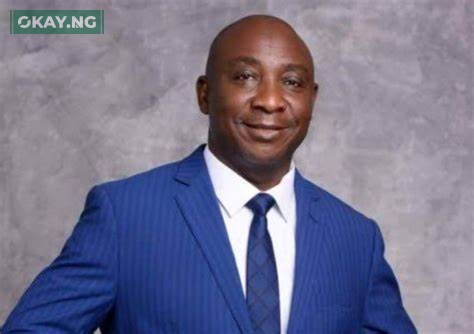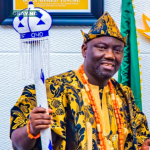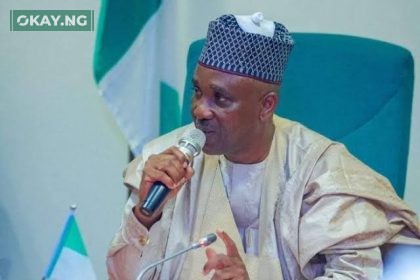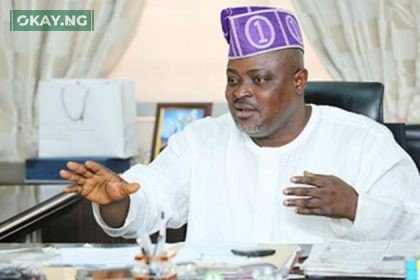In a significant boost to Nigeria’s aspirations, Ibrahim Gusau, President of the Nigeria Football Federation (NFF), has publicly championed the nation’s bid to host the 2030 Commonwealth Games. This endorsement underscores the potential for the event to catalyze national unity and drive substantial developmental gains.
“Hosting the Commonwealth Games in 2030 presents a unique opportunity for Nigeria to showcase its sporting prowess and rich cultural heritage to the world,” Gusau stated. “Beyond the sporting spectacle, it’s a chance to foster national unity and accelerate infrastructural development.”
The bid, centered around Abuja, aims to leverage the Games as a catalyst for enhancing sports infrastructure, boosting tourism, and creating economic opportunities. This initiative arrives at a pivotal moment, with proponents highlighting the potential to unify a diverse nation through the shared passion of sports.
The potential impact of such a large-scale event is undeniable, major tournaments can galvanize communities and accelerate infrastructure projects, leaving a lasting legacy.
However, the path to hosting such a prestigious event is fraught with challenges. Significant investment in stadiums, transportation, and accommodation will be required. Ensuring these developments are sustainable and benefit the wider population is crucial.
The economic implications are substantial. Advocates point to the potential for increased tourism, job creation, and the promotion of Nigerian businesses on a global stage. The Commonwealth Games, they argue, could serve as a powerful engine for economic growth.
Read Also: Nigeria to Host 32nd Afreximbank Annual Meetings in June
Moreover, the social impact cannot be overstated. In a nation grappling with diverse challenges, the Games could provide a unifying platform, fostering a sense of national pride and shared identity. The vision is to inspire a new generation of athletes and promote a culture of sportsmanship and healthy living.
“Sports have a unique ability to transcend boundaries and bring people together,” Gusau emphasized. “By hosting the Commonwealth Games, we can create a lasting legacy that benefits all Nigerians.”
The bid’s success will hinge on demonstrating Nigeria’s capacity to deliver a world-class event while ensuring that the benefits are distributed equitably. This requires meticulous planning, transparent governance, and a commitment to sustainability.
While the journey ahead is complex, the potential rewards are immense. If successful, hosting the 2030 Commonwealth Games could mark a watershed moment for Nigeria, propelling the nation onto the global stage and leaving a lasting legacy for generations to come.












